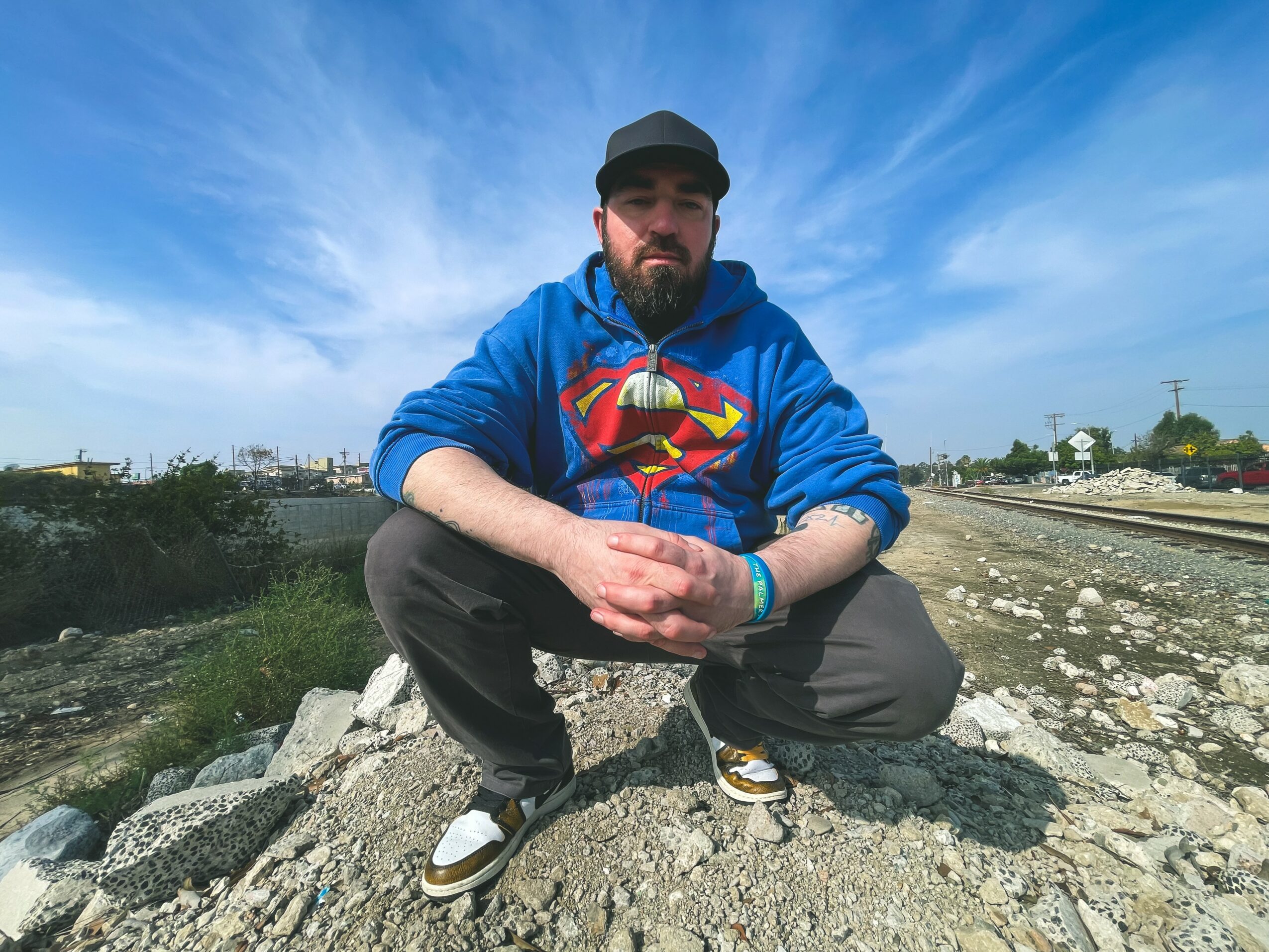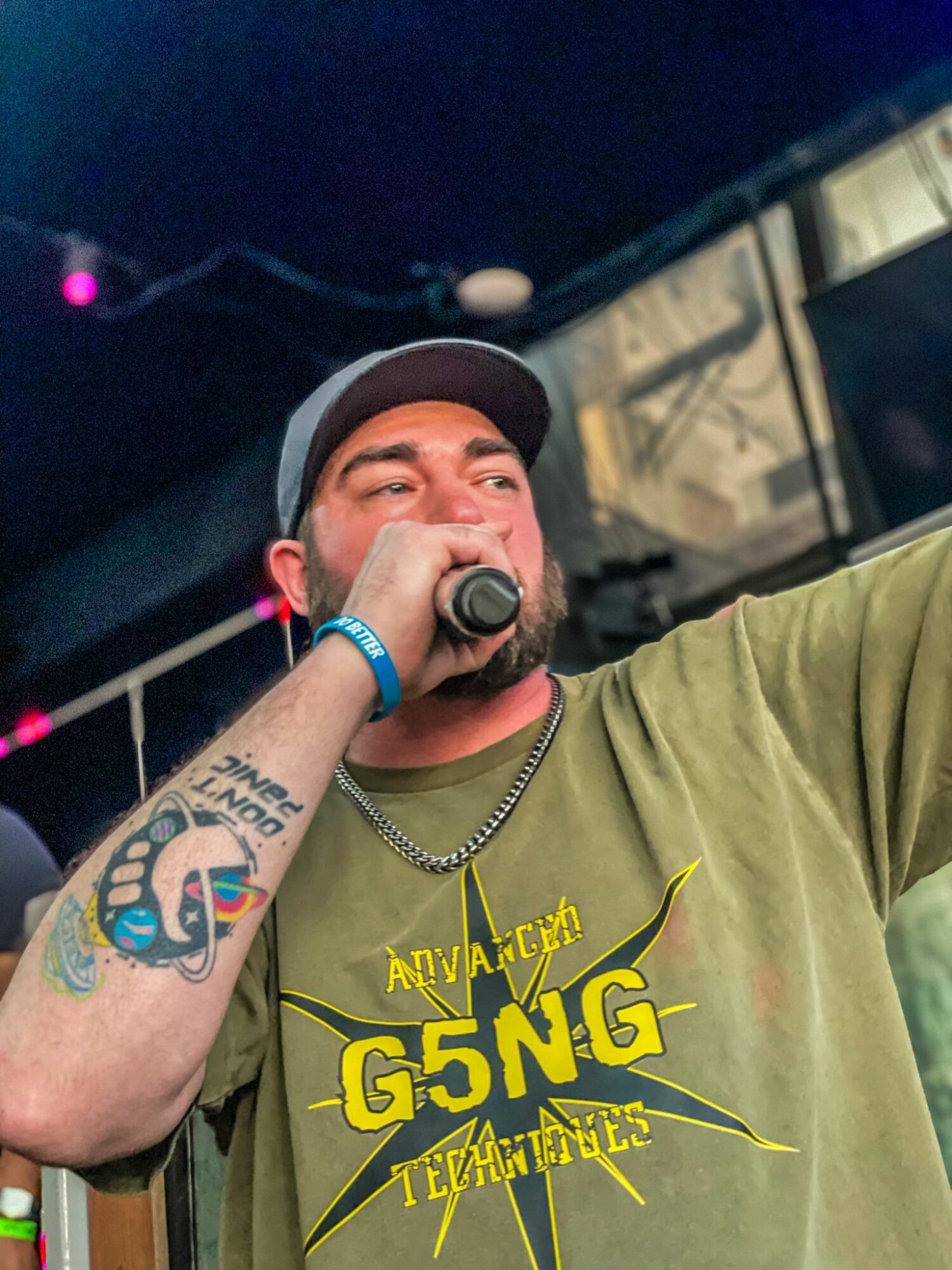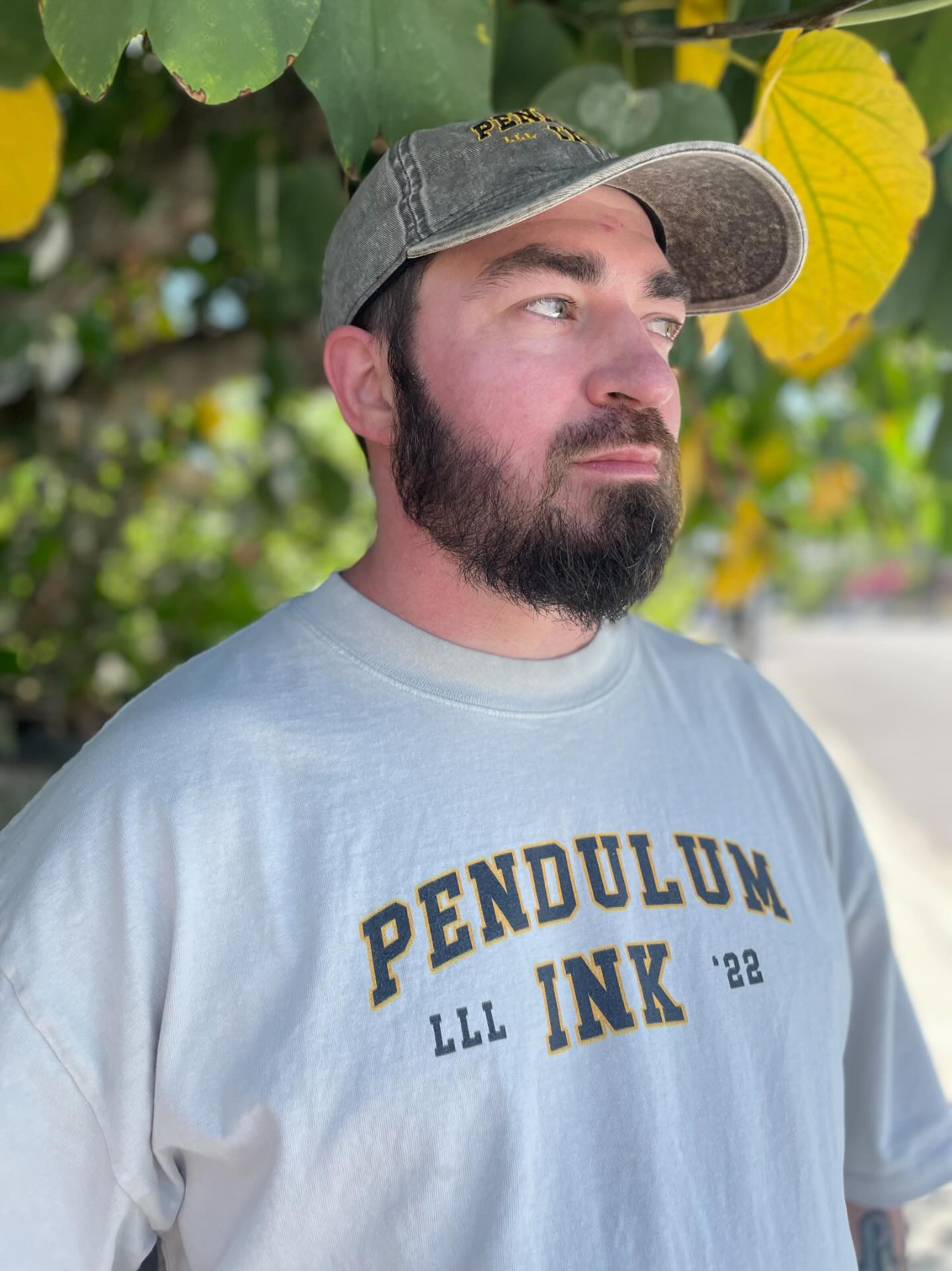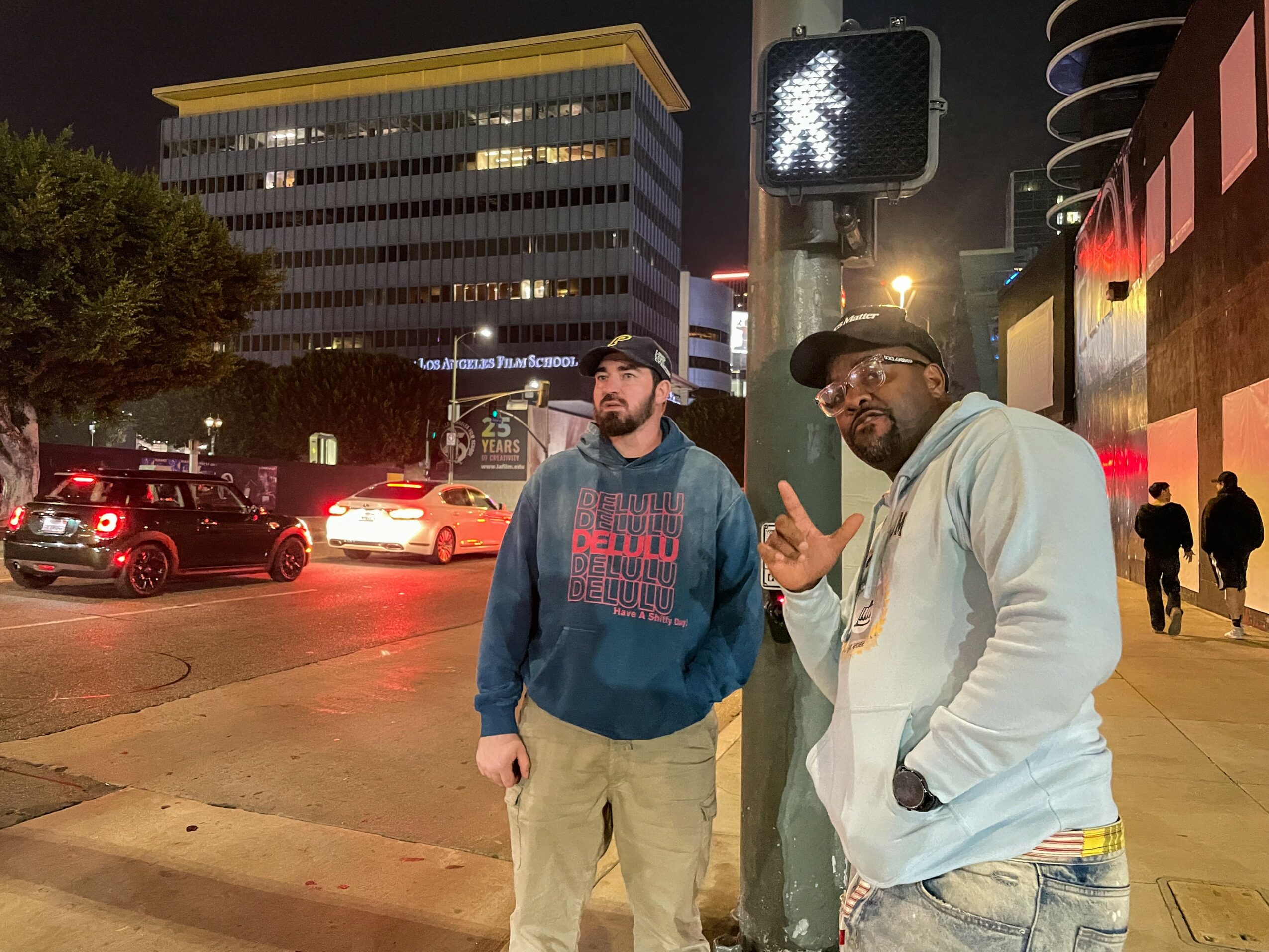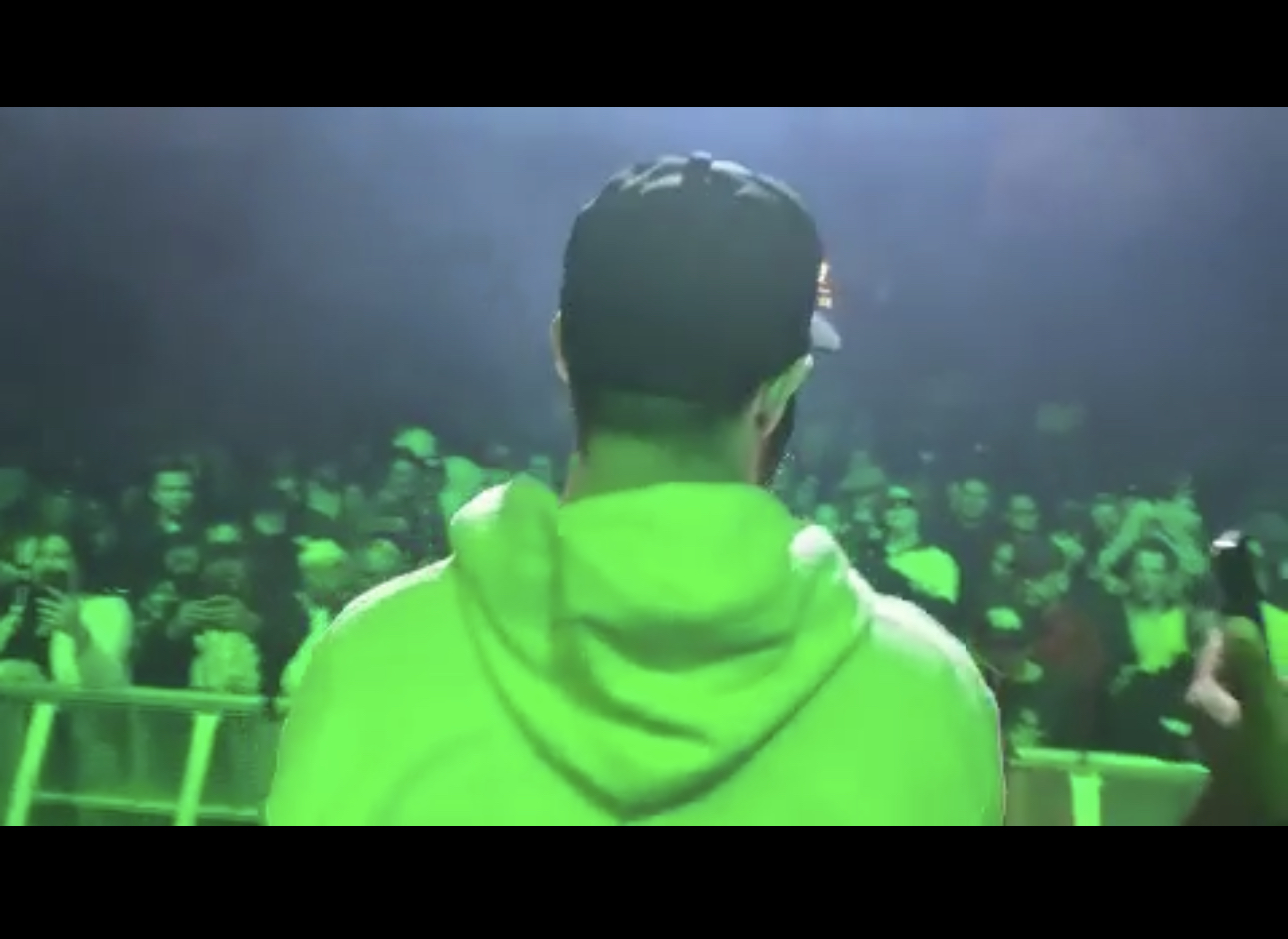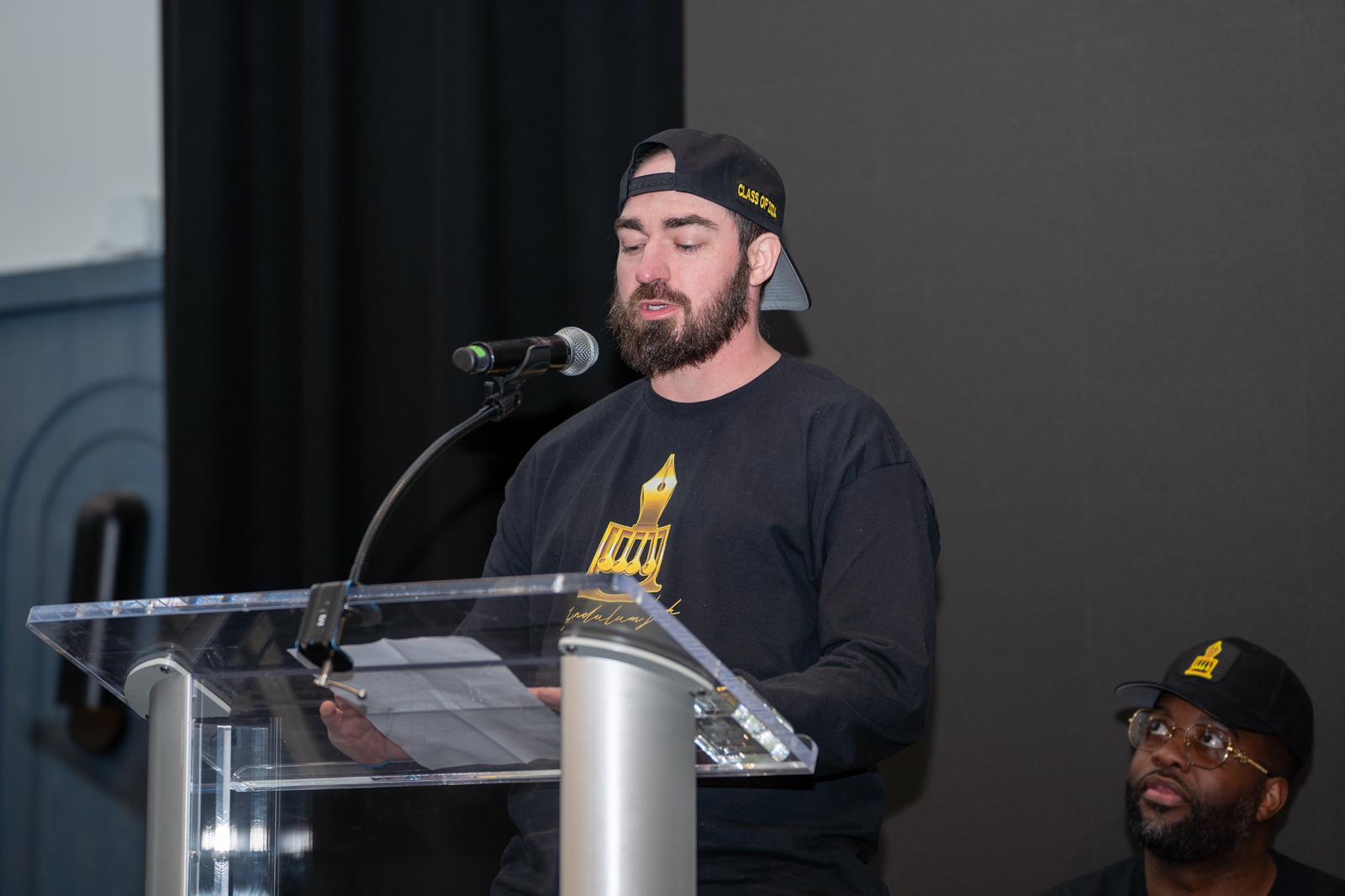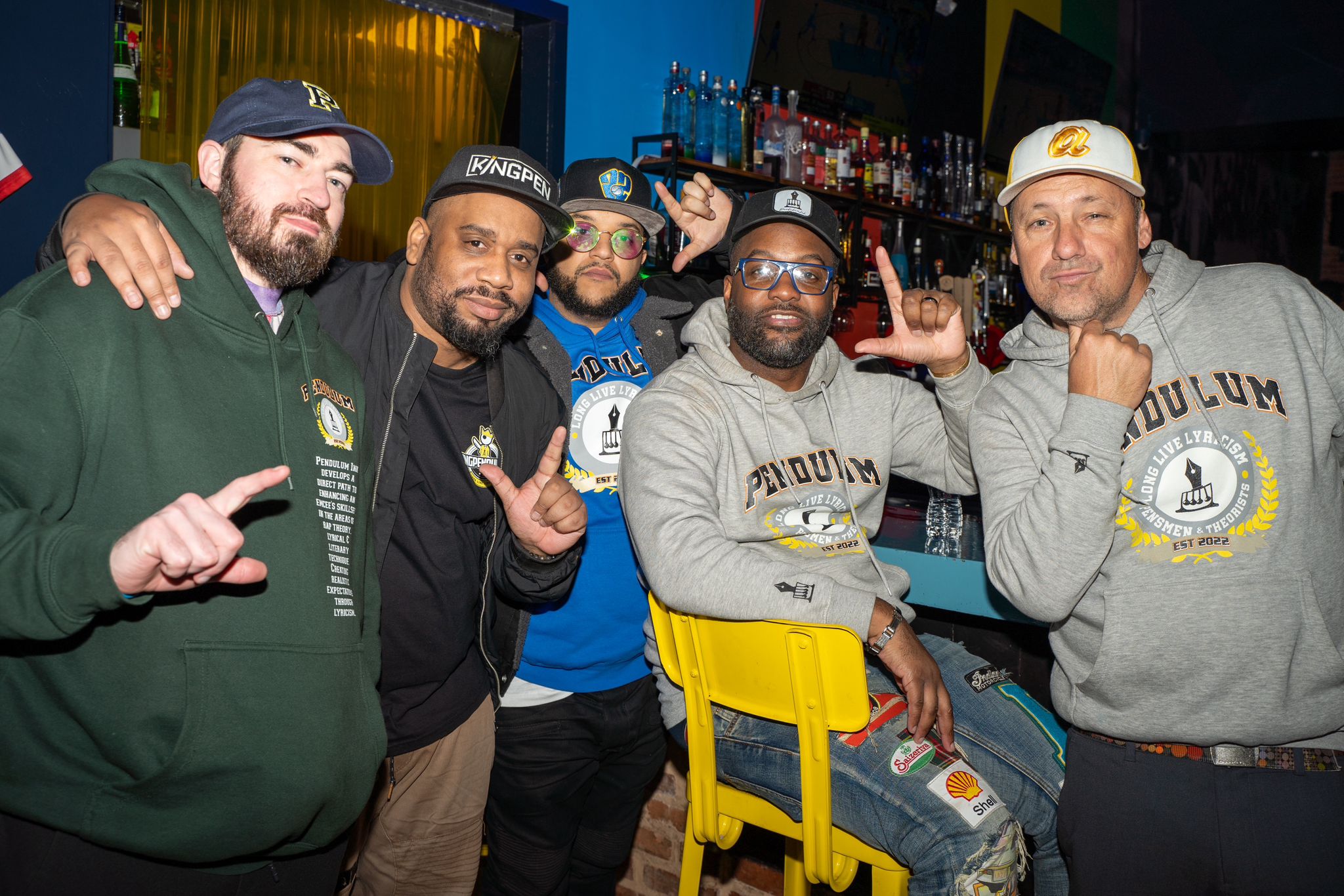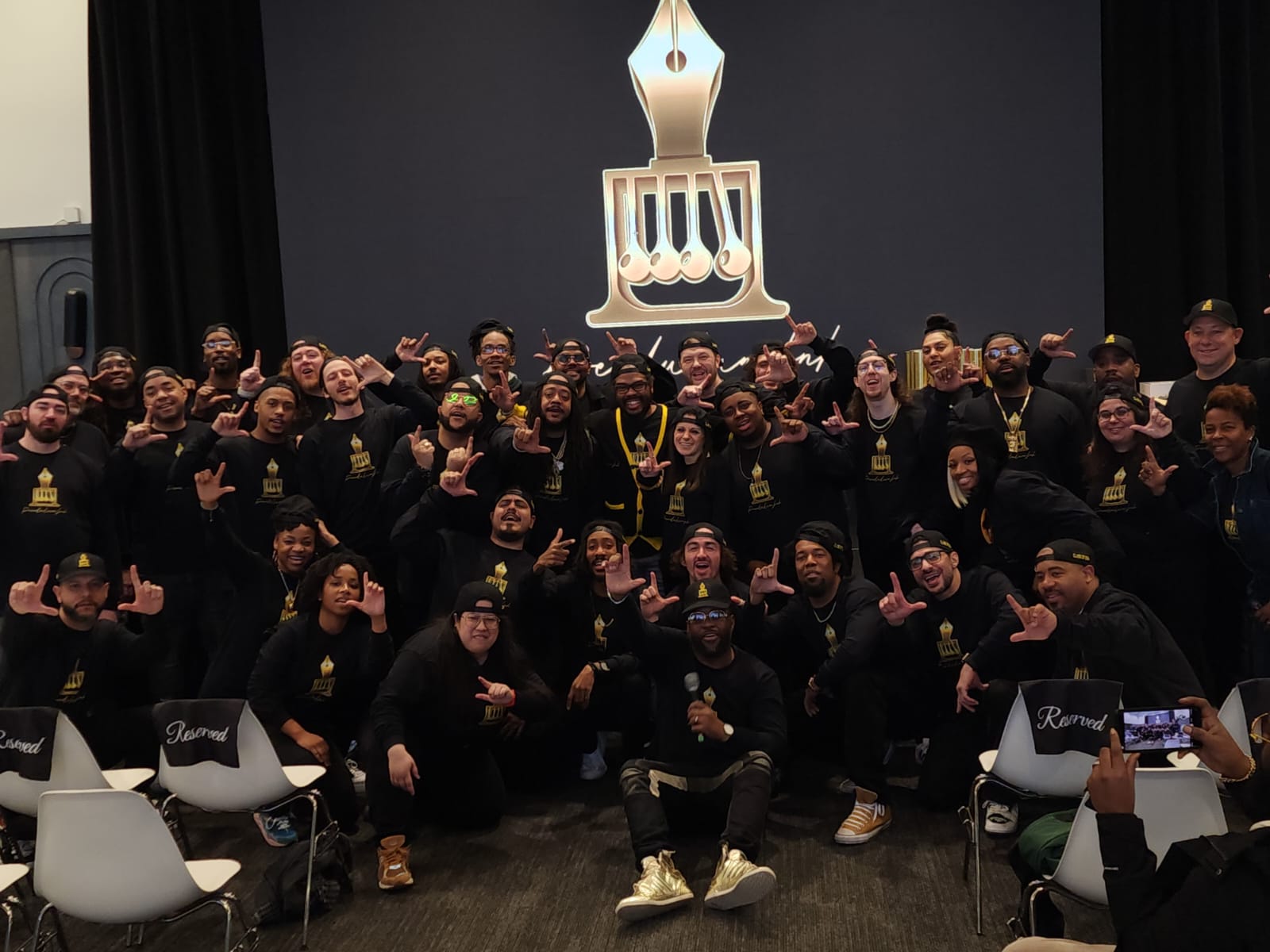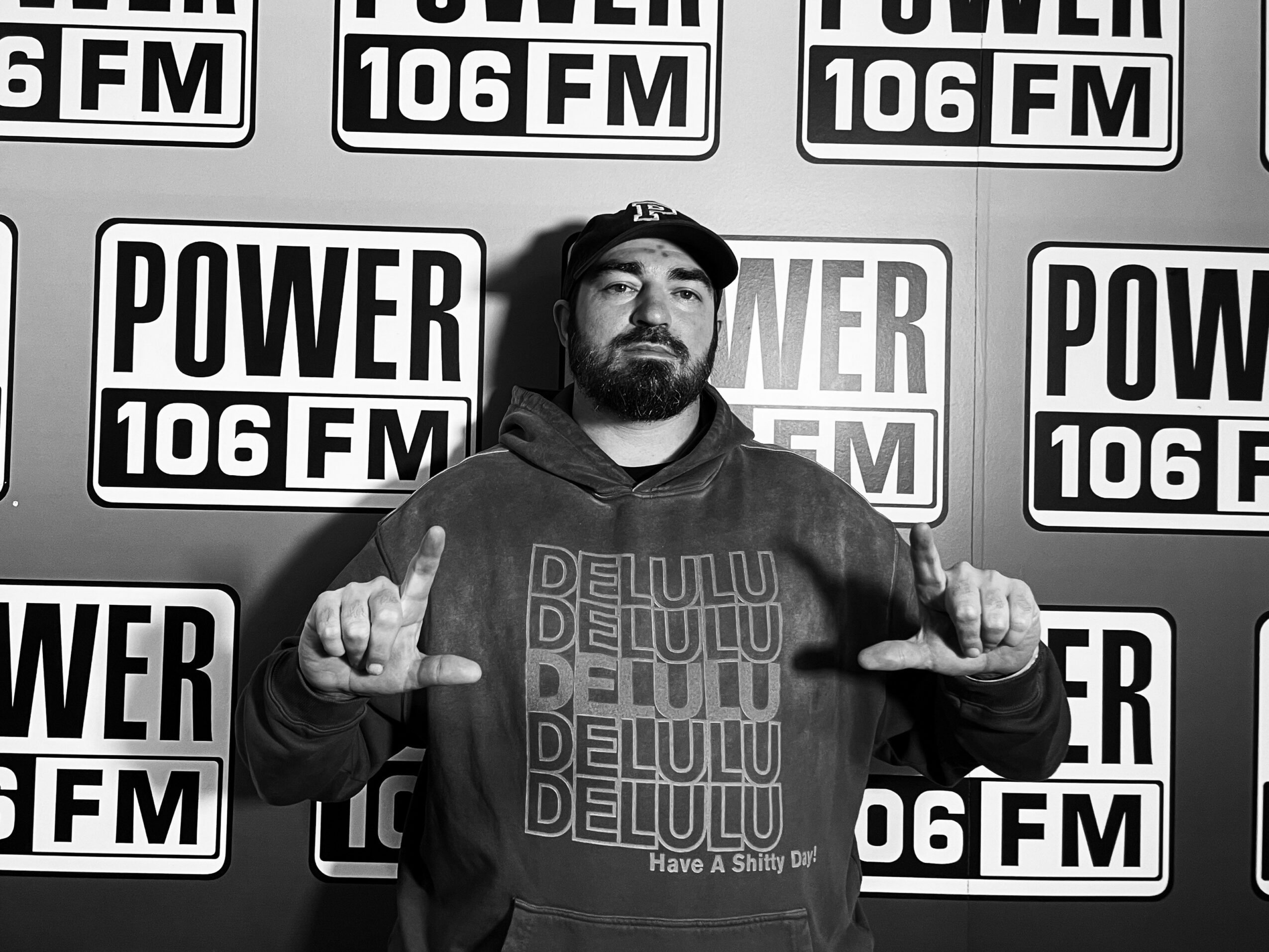

Today we’d like to introduce you to Patrick Costello.
Hi Patrick, please kick things off for us with an introduction to yourself and your story.
For 18 years, heroin owned me. It shaped my days, robbed my nights, and rewired my sense of who I was. I didn’t live, I survived. Every morning was a negotiation with myself: How do I get through the next hour? Every night I wondered if I’d wake up again.
I lost time. I lost people. I lost myself.
Music was always somewhere in the background, a quiet pulse under all the noise, but when you’re drowning, even the things you love sound far away. Getting clean didn’t happen in a single moment; it was a long series of small choices, some made confidently, most made in fear. But eventually, I crawled out of that darkness. Inch by inch. Day by day.
When the fog started to lift, I came back to music like it was oxygen. Not as a hobby, not as a distraction, but as a way of stitching myself back together. I didn’t want to tell pretty stories. I wanted to tell the truth, even when it made people uncomfortable. Especially when it made me uncomfortable.
I write about what I lived: the chaos, the hallucinations of hope, the bargaining, the relapse, the grief, and the slow realization that recovery isn’t a victory lap, it’s a lifelong practice. I also just rap for the sake of it. I’ve always loved words and how they fit together. My verses are pages from a journal I never meant to publish. But here I am, sharing them with the world.
Now, I release music with a discipline I never imagined I could have. I’m dropping a new song every Monday for at least the next two years. Every track is a testament to the fact that I’m still here, still creating, still growing. I’m not trying to be perfect; I’m trying to be honest. I want people to feel less alone. Whether someone’s battling addiction or just battling their own mind, I want my songs to remind them that even the darkest story can take a turn.
There’s a strange irony in having spent nearly two decades trying to disappear, only to find myself now stepping into the light. Music became my anchor, my identity, and my purpose. It didn’t just save my life, it gave me a reason to live it.
Some days I still struggle. Recovery doesn’t erase the past; it teaches me how to carry it. But every time I write, record, or perform, I feel myself moving further from who I was and closer to who I’m supposed to be.
I once thought I had ruined my life beyond repair. Now, I’m building something meaningful, one song at a time. My scars aren’t shameful anymore; they’re the proof I made it out. And if there’s anything I want people to take from my story, it’s this:
It’s never too late to change your life.
It’s never too late to tell the truth.
It’s never too late to start again.
I’m living proof.
We all face challenges, but looking back would you describe it as a relatively smooth road?
I struggled to make music for the whole first year of being sober. My creativity seemed aloof. And once I started to actually write and record regularly, I had to accept the fact that we live in the social media age now, and if I wanted anyone to hear my music, that mean creating content. I had to learn to edit video, always be ready to engage with people, and prepare for the inevitable hate that comes with putting your life on the internet. I don’t look or sound like a “rapper”, and this has been a constant point of contention with being accepted in the music world. As in independent artist, it takes money to make music, so I learned to produce, mix and master myself, but to build a studio and keep a roof over my head I still have to work a full time job. Finding time to actually create is the hardest part. I get home from work and I try to make one useable beat, then I get up at 5 am and write for two hours before work. On the weekends I record all those songs and then rinse and repeat. You have to be consistent now, people have such a short attention span and you can got forgotten so quickly if you aren’t constantly on peoples radar. Anther huge struggle is the fact that songs are being “dumbed down”. The average top 40 rap record is written at a 3rd grade reading level, so top tier lyricism isn’t really appreciated accept by other emcees.
Thanks – so what else should our readers know about your work and what you’re currently focused on?
I started rapping in 1999, but it was more of a party trick, I didn’t think I could ever be a recording artist. After I broke the heroin addiction I joined Pendulum Ink, an online school for Hip Hop Lyricism owned and ran by Mickey Factz and Chilla Jones. I graduated Salutatorian after two years and now run the tutoring department. I also learned to produce, mix and master records from CaiNo, a legend in the Sync space. I think the thing that sets me apart from my peers is how prolific I am able to be at such a high level. I am a very good writer and I do it very fast. Words have always just came easy to me and now incorporating all the styles I’ve learned, I am able to make any type of hip hop song, faster and better than most people.
If you had to, what characteristic of yours would you give the most credit to?
For me, the most important quality behind my success is resilience. I’ve had to rebuild my life from the ground up, and that required learning how to stay committed even when progress felt slow. That same resilience now drives my creativity, my discipline, and my ability to keep showing up, no matter what’s in front of me.
Pricing:
- Verse : $50
- Mix : $50+ (depending on # of stems)
- Song Lyric analysis : $25
Contact Info:
- Website: https://euphonicmerch.bigcartel.com
- Instagram: https://www.google.com/url?sa=t&source=web&rct=j&opi=89978449&url=https://www.instagram.com/euphonicaspekt/%3Fhl%3Den&ved=2ahUKEwiT4oDV9-WQAxWzMEQIHdUlNycQFnoECCQQAQ&usg=AOvVaw3wdPo8lM_I0DICEFAB3jAz
- Facebook: https://www.google.com/url?sa=t&source=web&rct=j&opi=89978449&url=https://www.facebook.com/EuphonicAspket/&ved=2ahUKEwjSu6bd9-WQAxWyD0QIHXdGEDEQFnoECCAQAQ&usg=AOvVaw3tx0BlCOr-7bz1eEGyubOh
